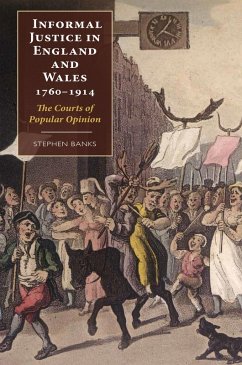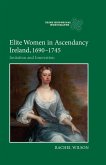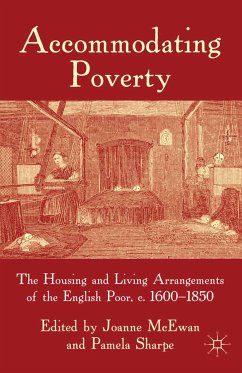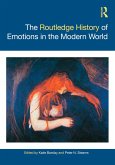A study of law, wrongdoing and justice as conceived in the minds of the ordinary people of England and Wales from the later eighteenth century to the First World War.
Shortlisted for the 2015 Katharine Briggs Award
This is a study of law, wrongdoing and justice as conceived in the minds of the ordinary people of England and Wales from the later eighteenth century to the First World War. Official justice was to become increasingly centralised with declining traditional courts, emerging professional policing and a new prison estate. However, popular concepts of what was, or should be, contained within the law were often at variance with its formal written content. Communities continued to hold mock courts, stage shaming processions and burn effigies of wrongdoers. The author investigates those justice rituals, the actors, the victims andthe offences that occasioned them. He also considers the role such practices played in resistive communities trying to preserve their identity and assert their independence. Finally, whilst documenting the decline of popular justice traditions this book demonstrates that they were nevertheless important in bequeathing a powerful set of symbols and practices to the nascent labour movement.
This book will be of interest to scholars and students of legalhistory and criminal justice as well as social and cultural history in what could be considered a very long nineteenth century.
Stephen Banks is an associate professor in criminal law, criminal justice and legal historyat the University of Reading, co-director of the Forum for Legal and Historical Research and author of A Polite Exchange of Bullets: The Duel and the English Gentleman, 1750-1850 (The Boydell Press, 2010).
Shortlisted for the 2015 Katharine Briggs Award
This is a study of law, wrongdoing and justice as conceived in the minds of the ordinary people of England and Wales from the later eighteenth century to the First World War. Official justice was to become increasingly centralised with declining traditional courts, emerging professional policing and a new prison estate. However, popular concepts of what was, or should be, contained within the law were often at variance with its formal written content. Communities continued to hold mock courts, stage shaming processions and burn effigies of wrongdoers. The author investigates those justice rituals, the actors, the victims andthe offences that occasioned them. He also considers the role such practices played in resistive communities trying to preserve their identity and assert their independence. Finally, whilst documenting the decline of popular justice traditions this book demonstrates that they were nevertheless important in bequeathing a powerful set of symbols and practices to the nascent labour movement.
This book will be of interest to scholars and students of legalhistory and criminal justice as well as social and cultural history in what could be considered a very long nineteenth century.
Stephen Banks is an associate professor in criminal law, criminal justice and legal historyat the University of Reading, co-director of the Forum for Legal and Historical Research and author of A Polite Exchange of Bullets: The Duel and the English Gentleman, 1750-1850 (The Boydell Press, 2010).
Dieser Download kann aus rechtlichen Gründen nur mit Rechnungsadresse in A, D ausgeliefert werden.









